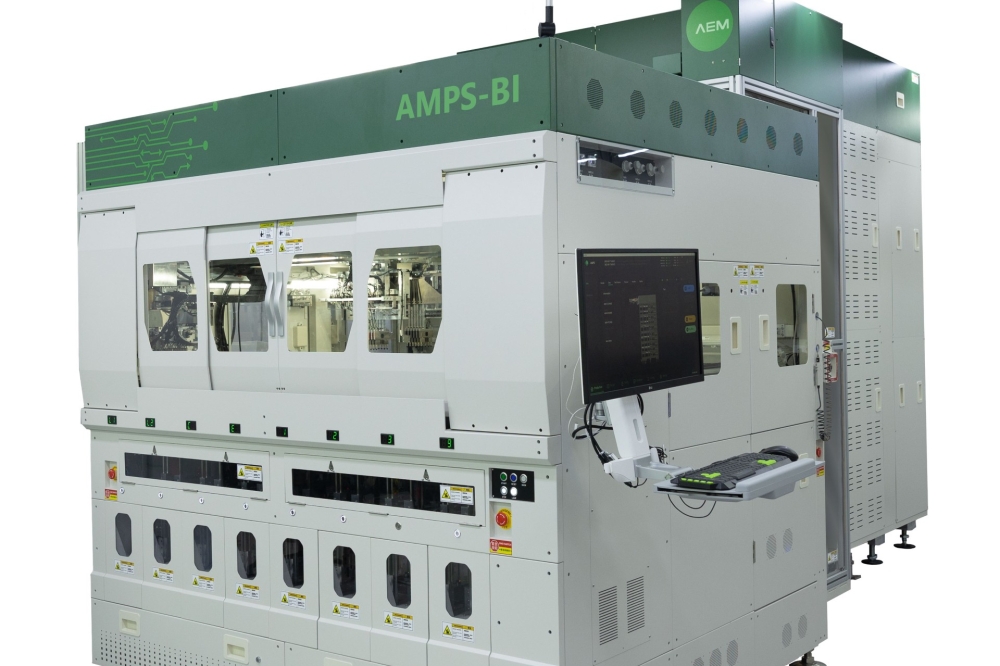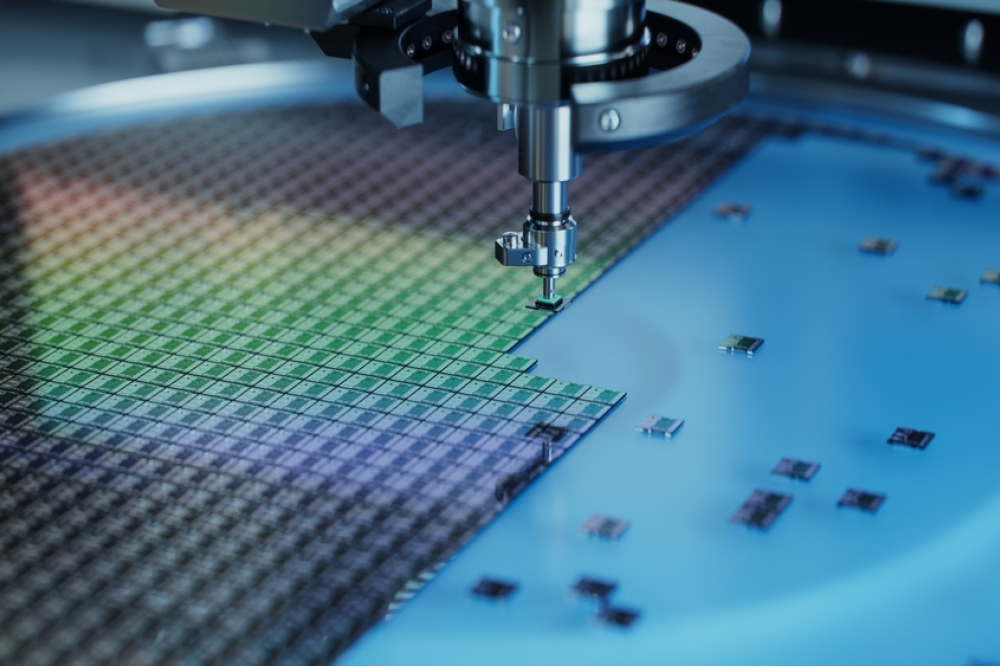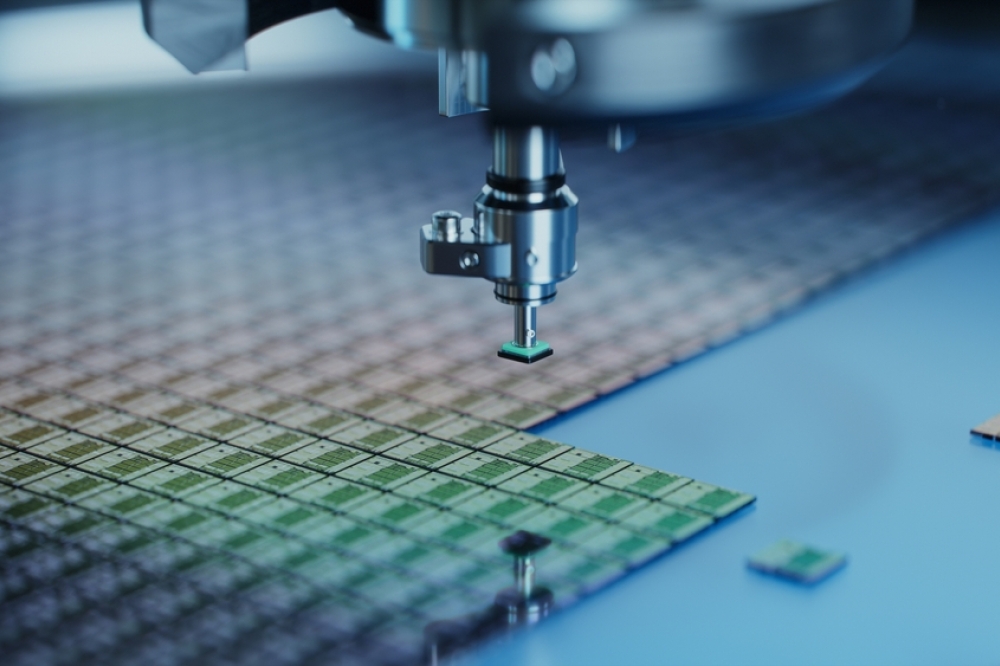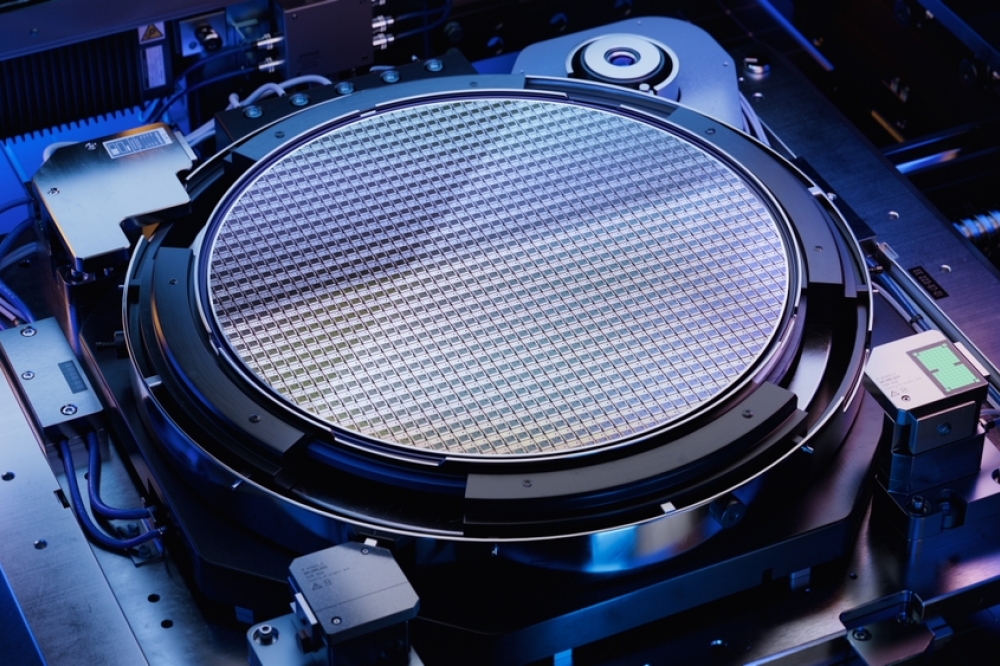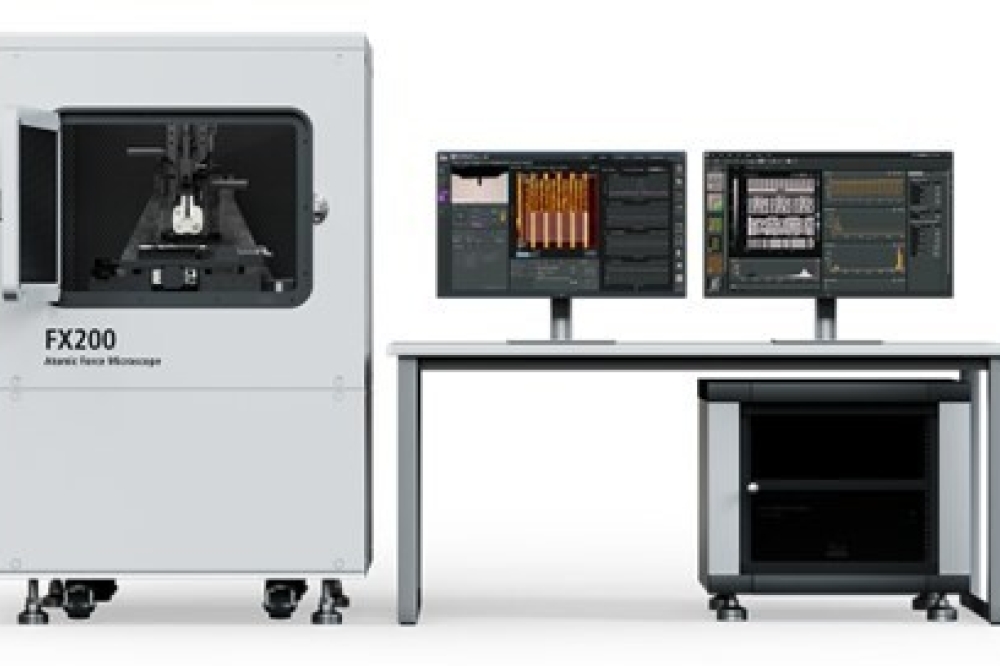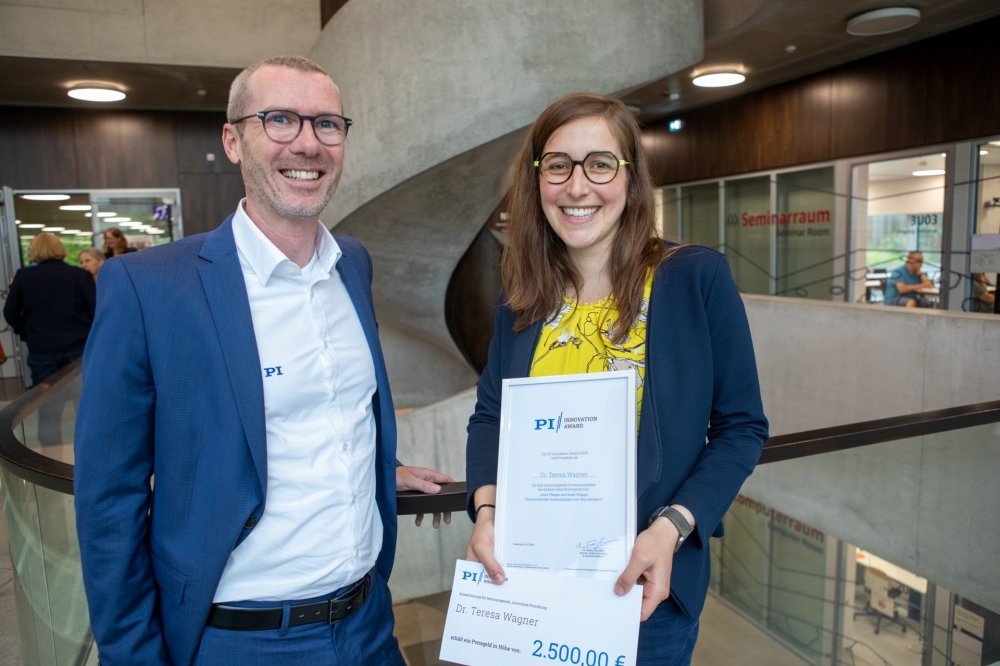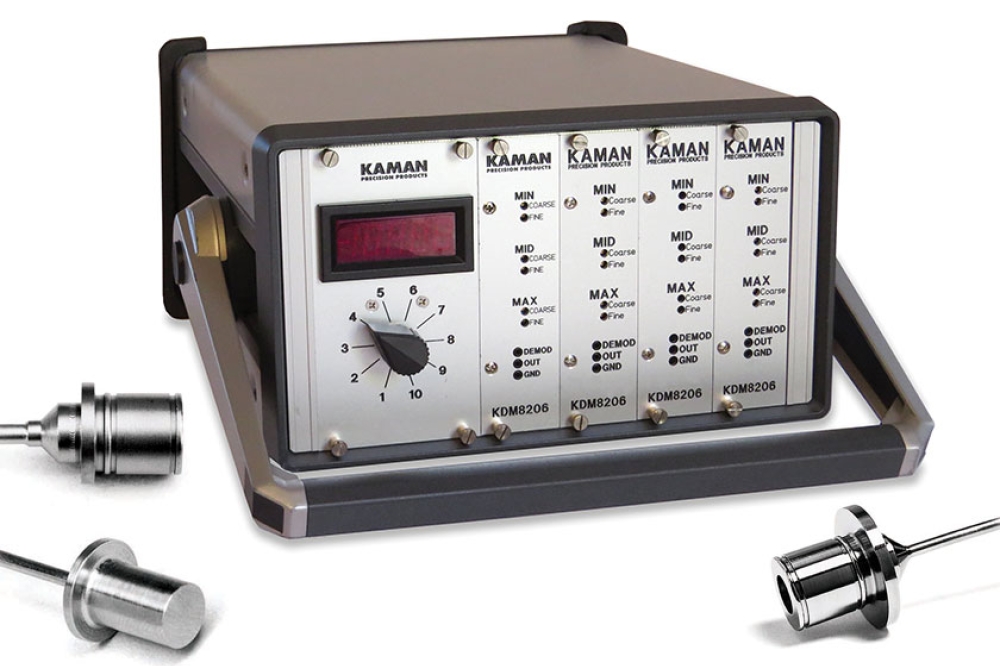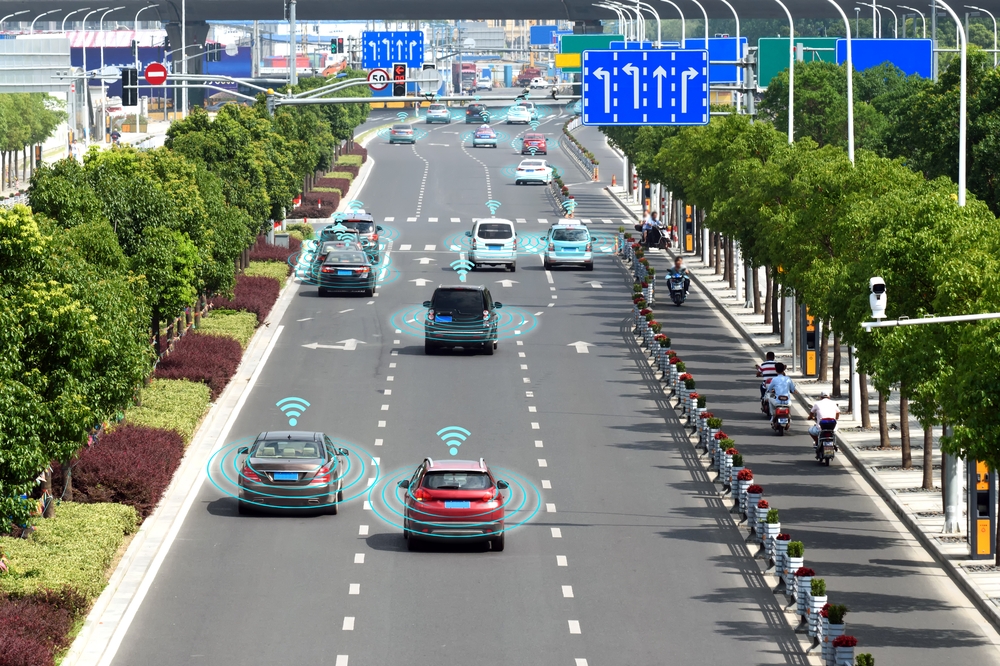European manufacturers seek transformation

Service providers are enabling Europe’s automotive and semiconductor companies adapt to new business conditions and technology needs.
Significant, ongoing changes in the automotive and semiconductor industries in Europe have increased regional demand for services to help manufacturers transform their technology focus and capabilities, according to a new research report published today by Information Services Group, a leading global technology research and advisory firm.
The 2022 ISG Provider Lens™ Manufacturing Industry Services report for Europe finds that manufacturing has entered an age of disruption due to a variety of emerging innovations, market requirements and geopolitical considerations. Many European manufacturers are seeking partnerships with service providers to assist in developing, testing and producing a new generation of products.
“Europe’s automotive and technology industries are entering a new age that demands rapid adaptation to remain competitive,” said Philipp Glatz, partner, smart manufacturing, for ISG in Europe. “Service providers have stepped up with the tools to make this possible.”
Regional goals for sustainability have helped to bring electric vehicles (EVs) to the top of the agenda for European auto manufacturers, the report says. Scaling up EV manufacturing and infrastructure development from a cutting-edge project to the central thrust of the industry’s development and production efforts requires fundamentally new architectures in a relatively short time in automotive terms. EVs have even taken precedence over autonomous driving technologies that a few years ago constituted the key vision of the industry.
On top of the shift to EVs, the rapid evolution of other new automotive technologies, including advanced driver assistance systems (ADAS), digital cockpits and vehicle-to-everything (V2X) communication, is leading manufacturers to define new vehicle platforms in terms of software more than hardware, ISG says. The emergence of software-defined vehicles has brought concepts from the IT industry to the product architectures and development methods of the automotive world.
European hi-tech manufacturers are adapting to continuing supply-chain challenges stemming from the COVID-19 pandemic at the same time as geopolitical concerns cloud their future outlook and new enterprise demands change product requirements, the report says.
Chip shortages continue in some industries, especially ones that use older process nodes, such as automotive, because most of the new fabs coming online use more modern nodes, ISG says. Rising geopolitical tensions have heightened concerns over future supply-chain disruptions.
At the same time, many European enterprises are beginning to favor custom ASICs over traditional complex processors and SoCs, partly due to the need for specialized sensors and edge computing devices in IoT networks. Service providers have enhanced their ASIC development services to meet this demand, in part helping to ease concerns over a scarcity of talent.
“European companies face challenges related to people, processes and technologies as they pursue advanced technologies, but they continue to show progress toward their digital engineering goals,” said Jan Erik Aase, partner and global leader, ISG Provider Lens Research.
The report also examines other issues affecting manufacturing in Europe, including chipmakers’ expansion into software-enabled products and services and the rise of custom chip development by technology giants such as Google and Facebook.


